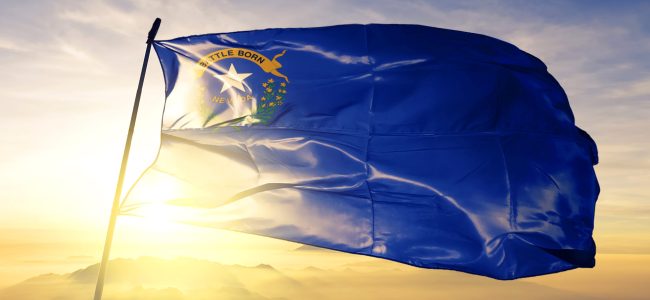BlogLine
Court’s application of Nevada law precludes excess insurer from recovering $4M in limits paid in settlement
11/2/23

By: P. Betty Su
A recent decision by the U.S. District Court for the Central District of California illustrates how a choice-of-law decision by the court can sometimes make or break an insurance coverage case.
In North River Ins. Co. v. James River Ins. Co. (C.D.Cal., Aug. 4, 2003, No. CV 23-00027-PSG-E) 2023 WL 5699125, excess insurer North River Insurance Company (“North”) sued primary insurer James River Insurance Company (“James”) for equitable subrogation seeking the $4 million that North contributed of its limits to settle an underlying action that James defended. North claimed that in settling the underlying action for $5 million (of which James paid $1 million), and not for a lesser amount sometime earlier, James breached its duty to settle the underlying action and the implied covenant of good faith and fair dealing.
James successfully moved for an order dismissing North’s complaint without leave to amend on two bases: Nevada law applies to the dispute, and equitable subrogation is not available to North because it stands in the shoes of an insured who did not suffer damages. Sitting in California, the court applied California’s choice-of-law rules:
A. California Civil Code § 1646, which states that “[a] contract is to be interpreted according to the law and usage of the place where it is to be performed; or, if it does not indicate a place of performance, according to the law and usage of the place where it is made.”
B. The governmental interest test, under which the following must be shown: “(1) there is a material conflict between the laws of California and Nevada; (2) both states have a legitimate interest in having their law apply to this dispute; and (3) one of the state’s interests will be more significantly impaired than the other’s.”
The result under (A) was inconclusive as it was unclear where the contract was made (that is, the place where the last act of accepting the James primary policy took place). Applying (B), the court concluded that (1) there was a conflict in the laws of California and Nevada on the issue; (2) under California’s “multiple risk approach” applicable to multiple locations insured under one policy, Nevada is where this particular risk was located, and therefore Nevada has a greater interest than California; and, (3) in a “bad faith” failure to settle the case, the underlying action and loss location being in Nevada gives Nevada a significant interest in the underlying litigation and the subsequent coverage action arising from it.
After concluding that Nevada law applied, the Court noted the coverage dispute presented a novel issue and predicted that a Nevada court would conclude that the insured here (and, therefore, North standing in its stead) was not damaged because the claims settled within the tower of policy limits. Accordingly, North could not recover its $4 million in equitable subrogation against James.
The decision highlights the importance of considering choice-of-law angles in insurance coverage matters.
For more information, please contact P. Betty Su at pbetty.su@fmglaw.com or your local FMG attorney.
Share
Save Print
